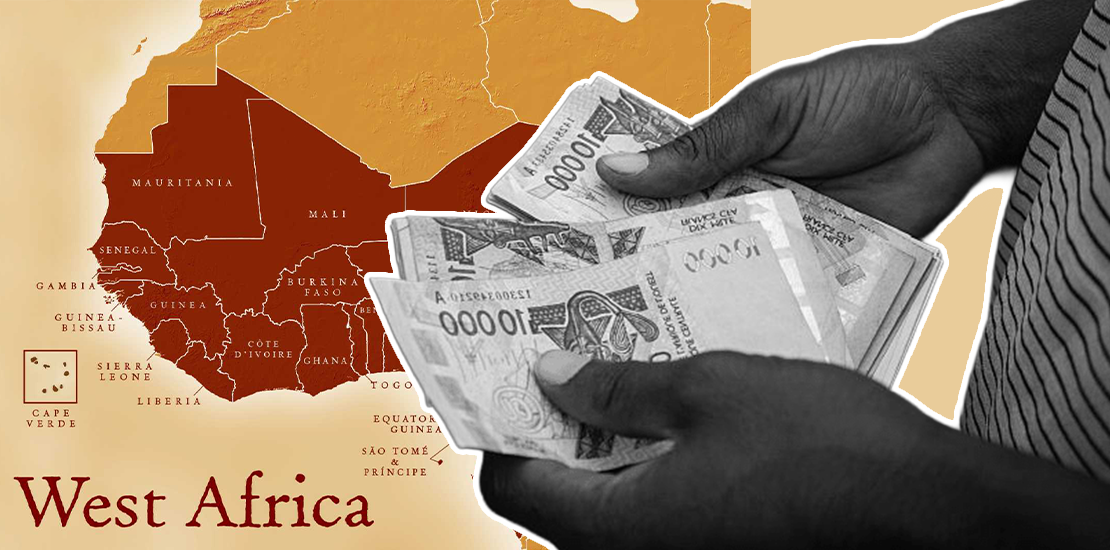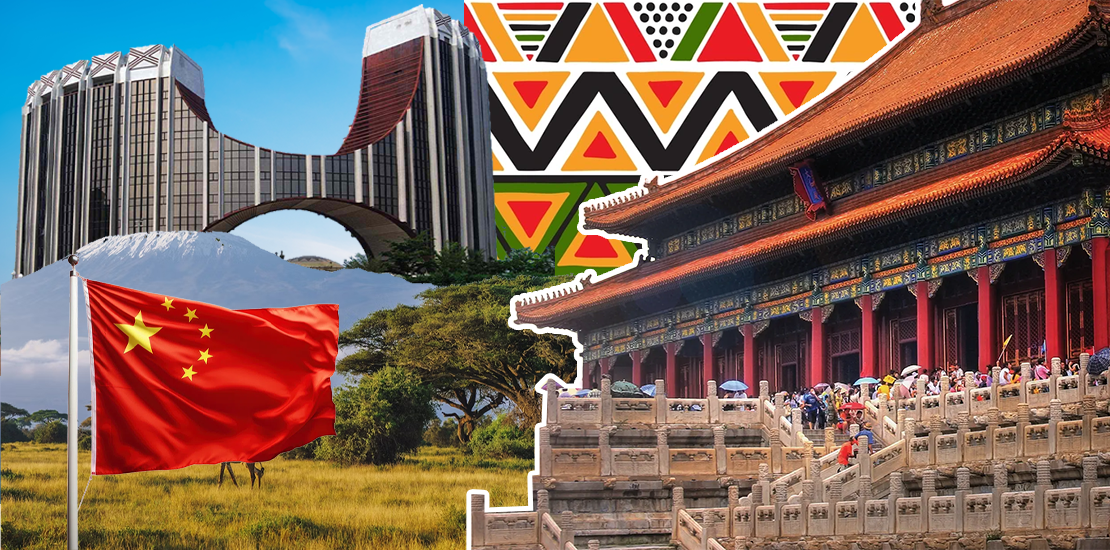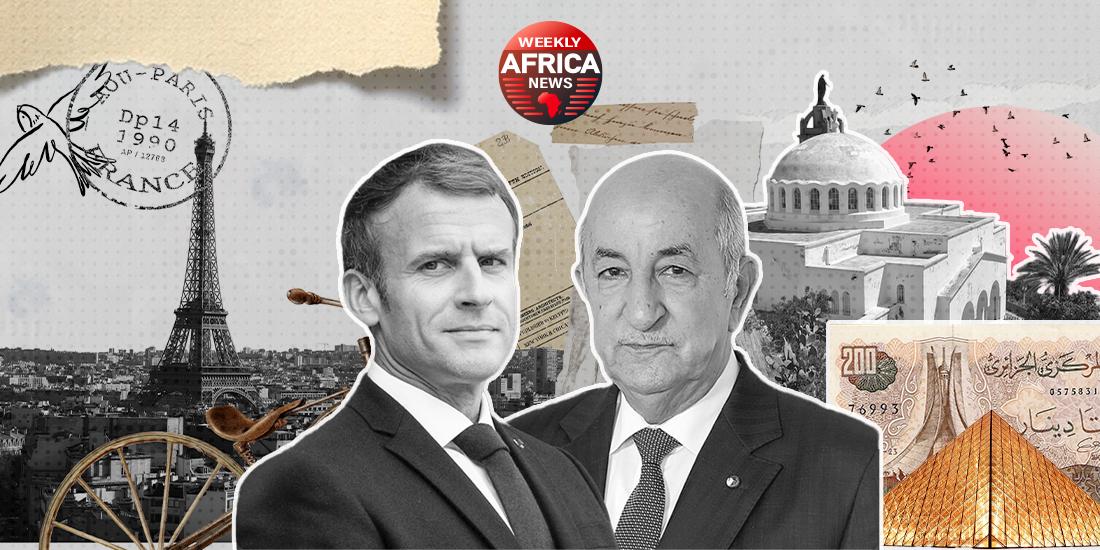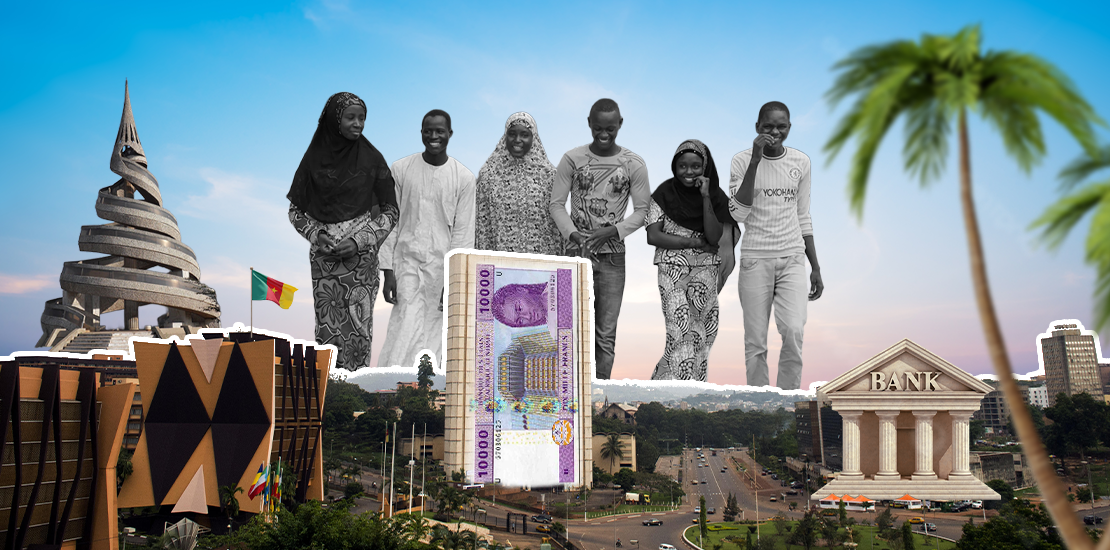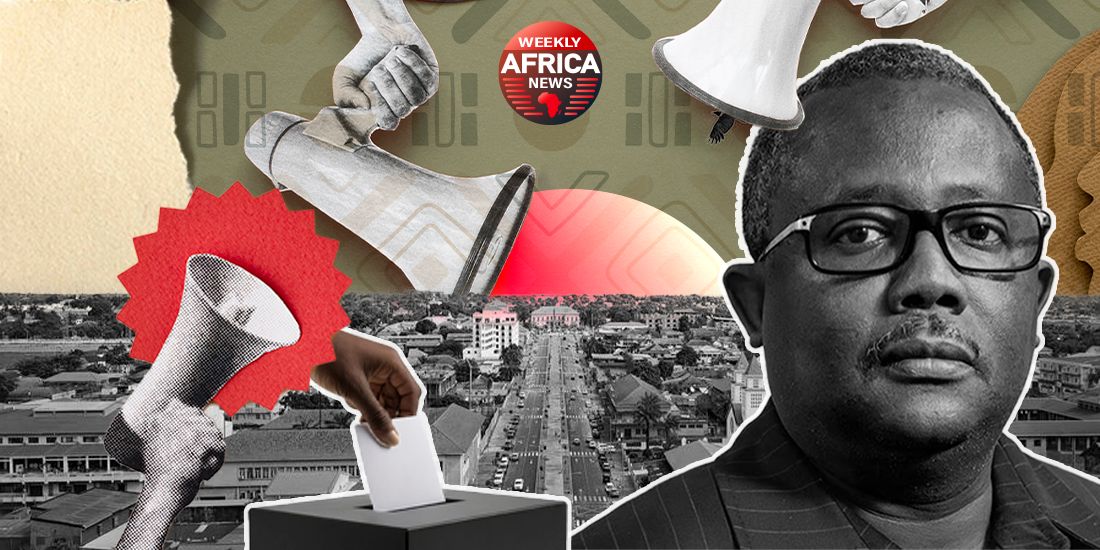Relations between France and Algeria, marked by a tumultuous history, are currently undergoing a major diplomatic crisis. This situation, exacerbated by differences over the Sahara and migratory tensions, reveals the flaws in Algerian governance, which uses the colonial past to mask its own failings.
Since Algeria’s independence in 1962, ties between Paris and Algiers have oscillated between cooperation and confrontation. The Evian Accords, which put an end to the Algerian War, laid the foundations for a complex relationship, combining economic interdependence and conflicting memories. The decades that followed were punctuated by reconciliations and crises, often fueled by memory issues and geopolitical considerations.
The recent deterioration in bilateral relations stems from a number of factors. Firstly, the issue of the Sahara, a disputed territory between Morocco and the Algerian-backed Polisario Front, is at the heart of tensions. France, historically neutral on this issue, recently modified its position, provoking the ire of Algiers.
In July 2024, French President Emmanuel Macron sent a letter to King Mohammed VI of Morocco, stating that the Moroccan autonomy plan was the “only basis” for resolving the conflict in the Sahara. This position, confirmed during an official visit to Morocco in October 2024, marked a turning point in French diplomacy. Paris thus recognized Moroccan sovereignty over the territory, aligning itself with Rabat’s position and moving away from the neutrality it had previously displayed.
This decision was perceived by Algiers as a betrayal and an attack on its strategic interests. In response, Algeria recalled its ambassador to France and adopted a more aggressive diplomatic stance, accusing Paris of partiality and contempt for international law.
At the same time, migration issues have exacerbated tensions. France criticizes Algeria for its lack of cooperation in the readmission of illegal immigrants. An emblematic incident occurred in February 2025, when an Algerian influencer, expelled from France for incitement to violence, was turned back by the Algerian authorities and sent back to France. This episode was interpreted by Paris as an attempt at humiliation and led to threats to revise bilateral migration agreements.
French Prime Minister François Bayrou has announced that France could call into question the 1968 migration agreement if Algeria did not cooperate more in the readmission of its nationals. This escalation testifies to the profound deterioration in relations between the two countries.
Beyond diplomatic differences, the current crisis highlights the internal weaknesses of Algerian governance. For decades, the Algerian regime, dominated by a politico-military elite, has struggled to meet the democratic and economic aspirations of its population. Faced with these challenges, the authorities often resort to nationalist rhetoric, exploiting the colonial past to divert attention from internal problems.
The instrumentalization of colonial memory and tensions with France thus serves as a lever to reinforce the legitimacy of the ruling power. By accusing Paris of neo-colonialism and rekindling the wounds of the past, the Algerian regime attempts to rally the population around an external enemy, thereby masking its own failings.
However, this strategy carries risks. By focusing on external conflicts, Algeria isolates itself diplomatically and jeopardizes its relations with key partners. What’s more, Algeria’s increasingly connected and informed youth are less receptive to this rhetoric and aspire to concrete economic and social change.
The detention of critical figures such as French-Algerian writer Boualem Sansal, arrested in November 2024, illustrates the regime’s growing repression of dissident voices. These actions, coupled with aggressive diplomacy, risk further weakening Algeria’s position on the international stage.
The current crisis between France and Algeria seems to have reached an impasse. On the one hand, Paris is seeking to assert its position on sensitive regional issues, while demanding greater cooperation on migration. On the other, Algiers, beset by major internal challenges, is using confrontation with France as a means of consolidating power.
This conflictual dynamic could have damaging consequences for both countries. For France, deteriorating relations with Algeria could affect its economic and security interests in the region. For Algeria, diplomatic isolation and a focus on external conflicts could exacerbate internal problems and delay necessary reforms.
The current crisis between France and Algeria reflects a complex relationship, marked by a painful colonial past and divergent geopolitical interests. While differences over the Sahara and migration issues are the immediate triggers of this crisis, the deeper causes lie in Algerian governance, which exploits tensions with France to mask its own failures. To break this deadlock, a frank and constructive dialogue is needed, involving a rethinking of current strategies and a willingness to overcome historical resentments in favor of mutually beneficial cooperation.

